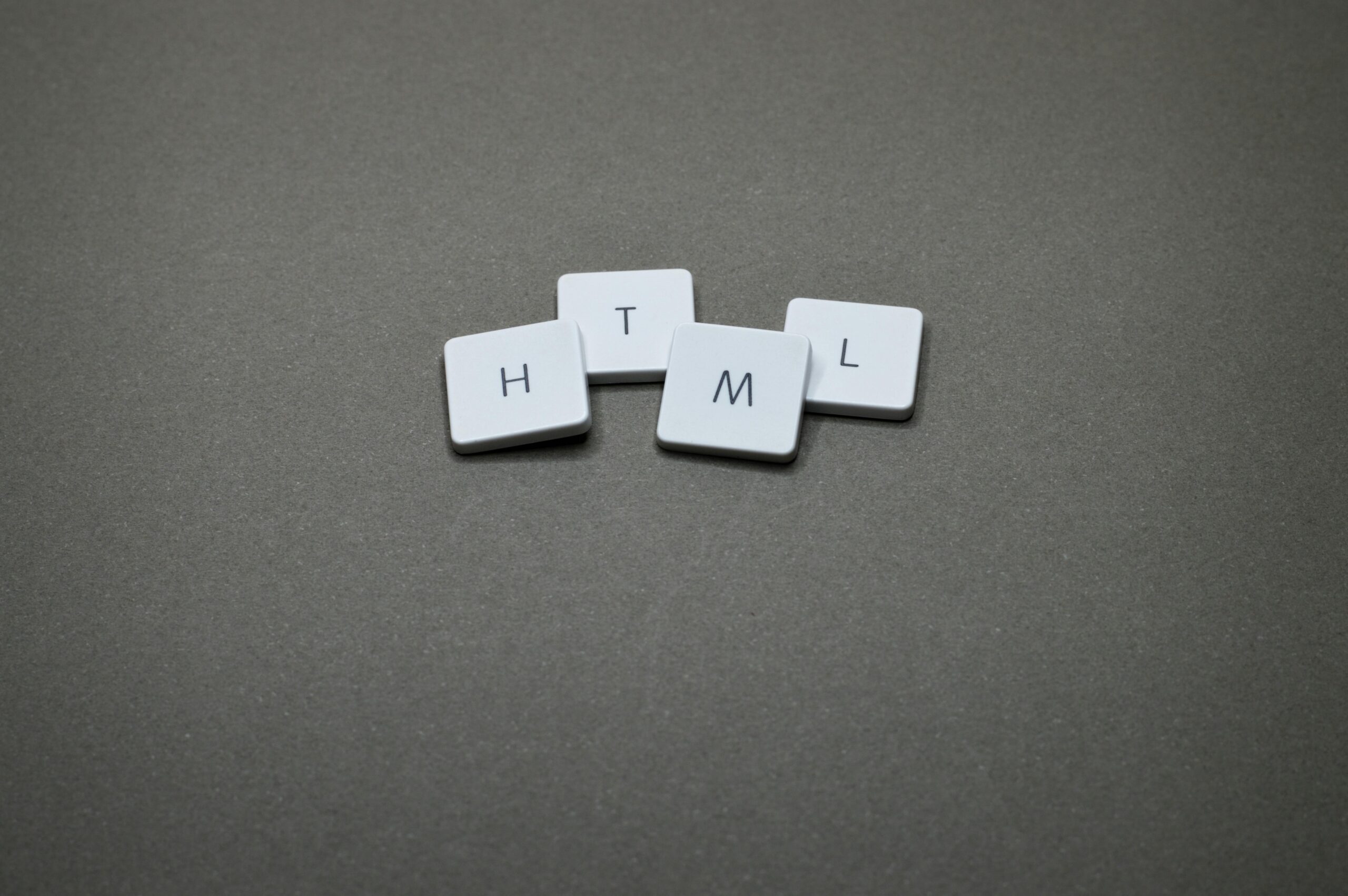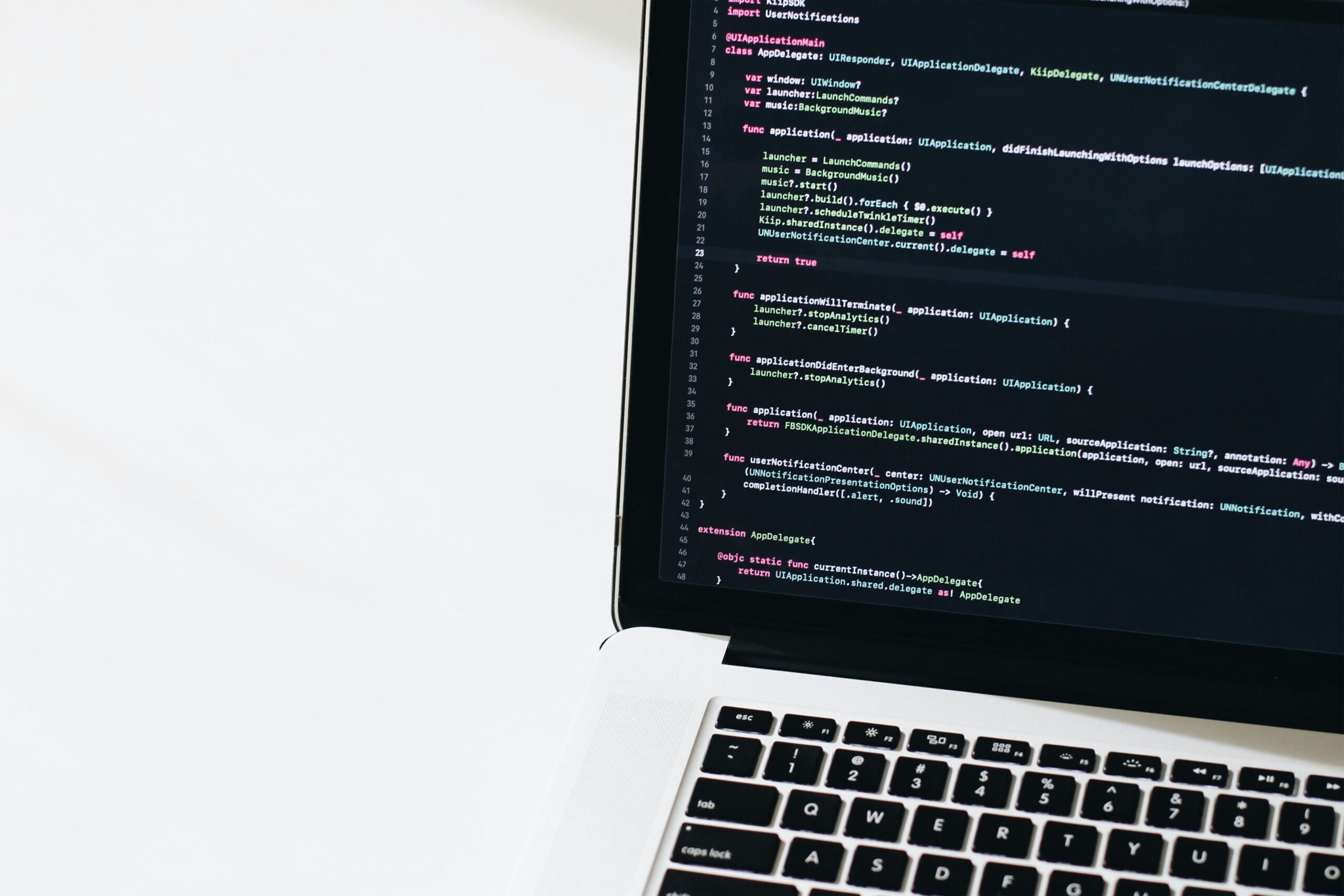How to Parse HTML in Python: Step-by-Step Guide for Beginners with BeautifulSoup and lxml
a
antho
- June 23, 2025•11 min read•Add a comment
Table of Contents
- Why Parse HTML in Python?
- Example: Parsing a Live Casino Winners Table
- Overview of Popular HTML Parsing Libraries
- BeautifulSoup
- lxml
- html.parser
- Comparison Table: HTML Parsing Libraries for Casino Data
- Step-by-Step Guide: How to Parse HTML in Python
- Installing Required Libraries
- Loading and Parsing HTML Documents
- Extracting Data from HTML Elements
- Practical Examples and Use Cases
- Scraping Website Data
- Navigating and Modifying the DOM
- Parsing Casino Winners Tables
- Tips for Effective HTML Parsing in Python
- Common Casino Data HTML Structure
- Library Efficiency Comparison for Casino Tables
- Conclusion
- Frequently Asked Questions
- What is HTML parsing and why is it important?
- Which Python libraries are best for HTML parsing?
- Why is parsing HTML useful for casino data?
- How do I start parsing HTML in Python?
- Can these methods handle malformed or messy HTML?
- What are some common use cases for HTML parsing?
- How do I choose between BeautifulSoup, lxml, and html.parser?
- Is it possible to automate regular data extraction with these tools?
- How can I export parsed data for analysis?
- What tips can help make HTML parsing more effective?
When I first started working with web data I quickly realized that raw HTML can be messy and tough to handle. Whether I’m scraping information from a website or automating a tedious task I need a way to extract just the data I want without getting lost in endless tags and attributes.
Parsing HTML in Python makes this process a whole lot easier. With the right tools I can sift through even the most tangled markup and pull out exactly what I need. Let me show you how simple it can be to turn web pages into clean usable data with Python.
Why Parse HTML in Python?
Parsing HTML in Python enables efficient extraction of precise data from often unstructured web sources. When I deal with dynamic content like casino game tables or odds lists, structured information isn’t always accessible via APIs. Parsing HTML helps me retrieve relevant data points from tangled code, especially in casino-related environments where promotional banners, tables of winners, or jackpot amounts are nested within markup.
Key benefits of parsing HTML in Python include automation, reproducibility, and accuracy. Automation lets me schedule regular data scraping from casino websites, like updating live odds or fetching recent game results. Reproducibility ensures that every data pull yields consistent datasets for further analysis or reporting. Accuracy means I extract only targeted information, avoiding irrelevant content or messy formatting.
Common Python libraries simplify the technical process. For instance, BeautifulSoup and lxml help me locate specific HTML tags and attributes among hundreds embedded in a typical casino webpage. These tools can transform raw data into structured tables, CSV files, or even direct database input.
Example: Parsing a Live Casino Winners Table
When casinos post frequent updates showing the latest winners, I can efficiently convert that information into a usable format with Python parsing libraries. This structured view below highlights the transformation:
| Winner Name | Game Played | Amount Won | Timestamp |
| JohnD88 | Blackjack | $2,000 | 2024-06-22 20:45:00 |
| Elena_56 | Roulette | $750 | 2024-06-22 20:40:31 |
| NikCasino | Baccarat | $1,200 | 2024-06-22 20:39:11 |
Parsing provides clean tables like above from raw casino winner sections, supporting real-time tracking or statistical analysis.

Overview of Popular HTML Parsing Libraries
Parsing HTML in Python depends on robust libraries for speed and accuracy. I compare and describe core features of the top parsing libraries, using a casino data context for clarity.
BeautifulSoup
BeautifulSoup parses HTML in Python with a simple API for traversing, searching, and editing markup. I quickly convert casino winners tables into Pandas DataFrames by searching for tag structures or CSS selectors. BeautifulSoup handles poorly-formed HTML, such as missing closing tags on casino site announcements. It integrates with parsers like lxml and html.parser, letting me choose speed or compatibility.
lxml
lxml combines parsing power and speed when extracting casino stats. It uses C libraries (libxml2 and libxslt) for fast traversal, even in large or deeply-nested HTML pages. XPath queries help me extract payout times or player nicknames by directly referencing elements in the markup. I select lxml when working with big casino databases or when XML support is required.
html.parser
html.parser is Python’s built-in library for lightweight parsing of casino page HTML. It’s included by default and supports simple projects, but lacks the advanced error handling of BeautifulSoup and lxml. I use html.parser when scraping small casino listings or for projects with minimal dependencies.
Comparison Table: HTML Parsing Libraries for Casino Data
| Feature/Library | BeautifulSoup | lxml | html.parser |
| Speed | Moderate | Very Fast | Fast |
| Error Handling | Excellent (handles broken HTML) | Good (with strict parsing) | Basic |
| XPath Support | Indirect (via lxml) | Native | None |
| Casino Use Case | Cleaning winners tables, descriptions | Large casino lists, fast stat extraction | Simple game lists parsing |
| Dependency | External (bs4) | External (lxml) | Built-in |
| Output Options | Flexible (strings, lists, DataFrames) | Native XML, HTML, string, objects | Strings, objects |
Step-by-Step Guide: How to Parse HTML in Python
Parsing HTML in Python involves three key steps: installing libraries, loading documents, and extracting data. I follow this universal workflow to transform raw casino HTML data into usable formats.
Installing Required Libraries
I first install the necessary Python libraries. Popular options include BeautifulSoup and lxml.
| Library | Install Command | Key Features |
| BeautifulSoup | pip install beautifulsoup4 | Intuitive API, robust error handling |
| lxml | pip install lxml | Fast parsing, strong XPath support |
| html.parser | (Built-in with Python 3.x) | Lightweight, no installation required |
Installing these packages ensures compatibility with most casino site markups.
Loading and Parsing HTML Documents
Next, I load and parse the structure of a casino data source. I choose direct HTML strings, downloaded files or HTTP responses using requests for dynamic casino sites.
from bs4 import BeautifulSoup
import requests
url = ‘https://example-casino.com/latest-winners’
response = requests.get(url)
soup = BeautifulSoup(response.text, ‘lxml’)
This prepares the casino HTML content for structured extraction.
Extracting Data from HTML Elements
I locate the casino data by targeting specific tags or CSS classes. For example, I extract winner names, prize amounts, and timestamps from casino winners tables.
table = soup.find(‘table’, {‘class’: ‘winners-table’})
rows = table.find_all(‘tr’)
for row in rows[1:]:
cols = row.find_all(‘td’)
name = cols[0].get_text(strip=True)
amount = cols[1].get_text(strip=True)
time = cols[2].get_text(strip=True)
print(name, amount, time)
| Winner Name | Prize Amount | Timestamp |
| Alice W. | $5,000 | 2024-06-03 21:00 |
| Carlos R. | $2,750 | 2024-06-03 20:15 |
This process refines unstructured casino tables into structured results, using Python’s HTML parsing workflow for reliable data extraction.

Practical Examples and Use Cases
Practical HTML parsing lets me extract and manipulate web data for diverse applications. I often work with live casino data, complex web tables, and interactive content.
Scraping Website Data
Parsing HTML with Python helps me scrape dynamic content from casino and gaming sites, news portals, and product listings. I target elements by tag, class, or attribute for structured extraction. For instance, I fetch player statistics, game results, or jackpot updates from real-time casino lobbies and convert them into ready-to-analyze tables.
| Use Case | Source Example | Parsed Data Type | Library |
| Casino Winners Extraction | Live casino web page | Winners list, payouts | BeautifulSoup |
| Upcoming Games Info | Sports section | Game schedule, odds | lxml |
| Product Price Monitoring | Retailer catalog | Product, price, changes | BeautifulSoup |
| News Article Collection | News website | Headlines, timestamps | html.parser |
Navigating and Modifying the DOM
Direct DOM navigation lets me move through HTML trees, access nested tags, and update page content. With BeautifulSoup’s find, find_all, and select, I extract targeted casino event details, like table results or leaderboard movements. lxml’s XPath queries let me jump straight to elements, greatly speeding up bulk casino data collection.
I also manipulate DOM nodes—for example, cleaning malformed entries or appending note tags to important casino results. Programmatically editing these elements simplifies subsequent data analysis.
Parsing Casino Winners Tables
Casino winners tables usually feature complex, semi-structured HTML. I use Python scripts to transform these into clean, analyzable datasets. Here’s an example extraction:
| Winner | Game | Prize ($) | Timestamp |
| Jane Doe | Baccarat | 5,000 | 2024-06-09 21:31:10 |
| John Smith | Roulette | 2,500 | 2024-06-10 16:22:43 |
| Maria Garcia | Slots | 12,000 | 2024-06-10 18:04:19 |
I locate rows by tag or class, handle missing cells, and export the result straight to CSV or SQL for further use. This level of control ensures my casino data remains structured and ready for statistical processing.
Tips for Effective HTML Parsing in Python
- Use the Right Parsing Library
I select libraries by complexity and data structure. BeautifulSoup fits error-prone casino winners tables, lxml works for deep casino database querying, and html.parser processes small HTML fragments.
- Handle Broken or Malformed HTML
I expect casino sites to have inconsistent HTML. BeautifulSoup’s lenient parser recovers missing tags, ensuring accurate casino data extraction when markup issues occur.
- Target Elements Precisely
I use attributes like class names or IDs to avoid misparsing. For example, I target <table class=”winners”> in casino pages to extract only the live results section without noise.
- Minimize Memory Use on Large Pages
I process casino pages in chunks when handling bulk winners data. lxml’s iterparse loads large HTML progressively, preventing memory bottlenecks during extensive casino result scans.
- Validate Extracted Data
I always check casino names, timestamps, and prize amounts after parsing. This confirms that the output matches live site records and that no crucial winner details are missing.
- Manage Encodings Consistently
I decode casino pages in UTF-8 to handle international characters. Misconfigured encodings can corrupt winner names or jackpot values in the data set.

Common Casino Data HTML Structure
The table below shows a typical casino winners table structure and the data fields needed for parsing:
| Field | Example Value | Notes |
| Player | JohnDoe123 | Username, anonymized |
| Game | Blackjack | Table game type |
| Prize | $5,000 | Winnings, formatted |
| Time | 2024-06-15 18:12 | ISO datetime |
| Table ID | #BL128 | Table identifier |
I map each column by tag and class to extract records consistently from casino HTML sources.
Library Efficiency Comparison for Casino Tables
| Library | Speed | Malformed HTML | Selector Support | Use Case |
| BeautifulSoup | Medium | High | CSS, limited XPath | Best for error handling |
| lxml | High | Medium | Full XPath, CSS | Bulk casino datasets |
| html.parser | Low | Low | CSS selector | Simple fragments only |
I choose the fastest and most robust library based on the scale and reliability of the casino results page.- I verify that the parser can access and process all winners’ rows and handle error-prone casino markup directly, using trial runs and small test cases to ensure complete data coverage.
Conclusion
Parsing HTML in Python has opened up new possibilities for me to work with web data quickly and accurately. With the right tools and techniques it’s easy to turn chaotic casino tables or dynamic content into clean structured datasets.
I’ve found that choosing the right library and following best practices makes all the difference when dealing with complex or messy HTML. By mastering these skills I’m able to automate data collection and unlock insights that would be impossible to gather manually.
Frequently Asked Questions
What is HTML parsing and why is it important?
HTML parsing is the process of analyzing and extracting specific information from raw HTML code. It is important because websites often display data in tangled markup, and parsing allows you to convert this unstructured data into clean, structured formats for analysis or automation.
Which Python libraries are best for HTML parsing?
The most popular Python libraries for HTML parsing are BeautifulSoup, lxml, and html.parser. BeautifulSoup is user-friendly and handles errors well, lxml is fast and supports XPath, while html.parser is lightweight for simple projects.
Why is parsing HTML useful for casino data?
Parsing HTML helps extract real-time information from casino websites, such as winners or game results, which often aren’t available via APIs. It enables accurate, automated, and reproducible data collection from complex, frequently updated web pages.
How do I start parsing HTML in Python?
Begin by installing a library like BeautifulSoup or lxml. Next, load the HTML document (from a file or web response), then use the chosen library’s methods to locate and extract the information you need from the HTML elements.
Can these methods handle malformed or messy HTML?
Yes, libraries like BeautifulSoup are designed to handle broken or poorly structured HTML gracefully. They can clean up the markup and allow you to extract data even from messy web pages.
What are some common use cases for HTML parsing?
Common use cases include extracting casino winner lists, collecting news articles, scraping e-commerce prices, or compiling sports statistics. HTML parsing is valuable anywhere precise data extraction from websites is needed.
How do I choose between BeautifulSoup, lxml, and html.parser?
Choose BeautifulSoup for ease of use and robust error handling, lxml for speed and advanced XPath support, and html.parser for lightweight, straightforward tasks. The best choice depends on your project’s needs and the complexity of the HTML.
Is it possible to automate regular data extraction with these tools?
Yes, you can schedule scripts using these libraries to run at set intervals, automating the process of extracting and updating data from websites regularly.
How can I export parsed data for analysis?
After extracting data, you can use Python to convert it into structured formats like CSV files or databases (such as SQL). This makes further analysis and reporting much easier.
What tips can help make HTML parsing more effective?
Choose the right library for your task, handle broken HTML carefully, target elements precisely, minimize memory use, validate your data, and ensure consistent encoding throughout your workflow for reliable results.
